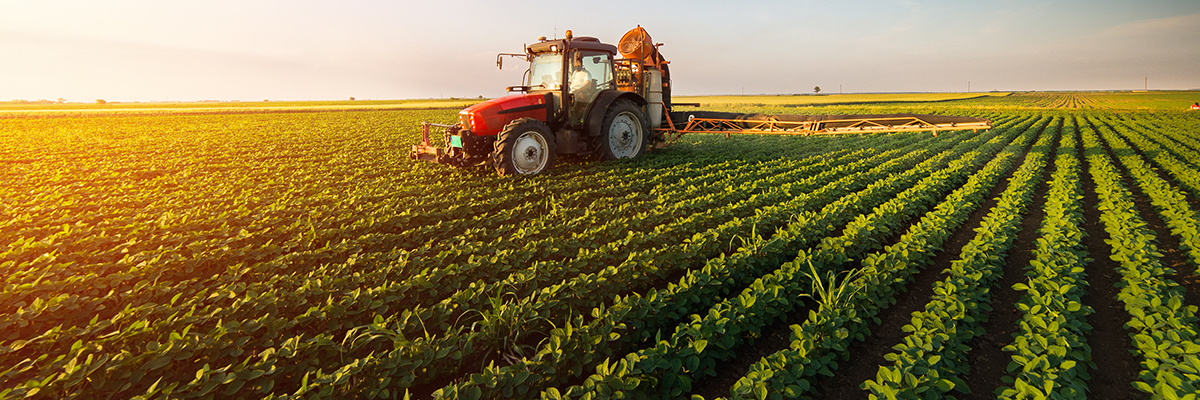Sustainability is the important factor to keep the planet green forever and organic farming has been a frontrunner for years. However, a new contender, biodynamic farming and the same is gaining attention for its holistic approach. Today we will be checking out the importance and difference between biodynamic and organic farming. So let’s get into the article to check out the details.
Understanding Organic Farming:
Let’s delve into the principles of organic farming and underscore the importance of steering clear from synthetic pesticides and fertilizers. Organic farming champions biodiversity preservation and places a premium on soil health. By eschewing synthetic chemicals, organic agriculture significantly reduces environmental harm while yielding healthier, chemical-free produce.
Biodynamic vs. Organic Practices:
A comparative analysis between biodynamic and organic farming practices reveals nuanced distinctions. Biodynamics incorporates lunar and cosmic cycles into its methodology, attributing significance to celestial rhythms in agricultural activities. This holistic approach contrasts with conventional organic farming, which primarily focuses on eschewing synthetic inputs. Biodynamics emphasizes a closed-loop system, aiming to create a self-sustaining ecosystem within the farm. Central to biodynamic practices are specific preparations, such as compost teas and herbal formulations, designed to enhance soil fertility and bolster plant health. These preparations harness natural ingredients and processes to stimulate microbial activity and optimize nutrient cycling, fostering a harmonious relationship between soil, plants, and the cosmos.
Sustainability and Regeneration:
Both organic and biodynamic farming embody sustainability principles, albeit with differing emphases. Organic farming champions sustainability through its avoidance of synthetic chemicals, fostering healthier ecosystems and minimizing environmental degradation. However, biodynamic farming extends this ethos further by emphasizing regeneration. Biodynamic practices aim not only to sustain but also to regenerate the land, enhancing its vitality over time. By prioritizing biodiversity, soil health, and holistic management practices, biodynamic farming creates resilient ecosystems capable of self-regeneration. The incorporation of biodynamic preparations, meticulously crafted from natural materials, contributes to soil fertility and plant vitality, reinforcing the farm’s capacity for regeneration.
In essence, while organic farming prioritizes sustainability by eliminating synthetic inputs, biodynamic farming elevates this commitment by fostering regeneration. Biodynamics’ holistic approach encompasses not only ecological sustainability but also cosmic harmony, recognizing the interconnectedness of all elements within the farm ecosystem. By embracing biodynamic principles, farmers can cultivate not only healthy produce but also resilient landscapes capable of thriving in harmony with nature’s rhythms.
By understanding the principles, practices, and impacts of both organic and biodynamic farming, stakeholders can make informed choices that prioritize environmental stewardship, soil health, and sustainable food production. Whether through conventional organic methods or the holistic approach of biodynamics, agriculture can evolve towards a more regenerative future, where farms become not only sources of nourishment but also guardians of ecological vitality.
We believe that now you have understood the importance and the difference between them and please try to implement the new strategy for a green planet.*
- About the Author
- Latest Posts
A passionate advocate for all natural and sustainable ideas. With a background in sustainable economics science and a deep love for nature, Sojy has dedicated his career to promoting eco-friendly practices and encouraging others to live a more sustainable lifestyle. He is an avid hiker, gardener, and cook, and loves experimenting with natural ingredients in his recipes and lifestyle routines. Sojy believes that small changes can make a big impact and is constantly seeking out new ways to reduce his carbon footprint and inspire others to do the same




